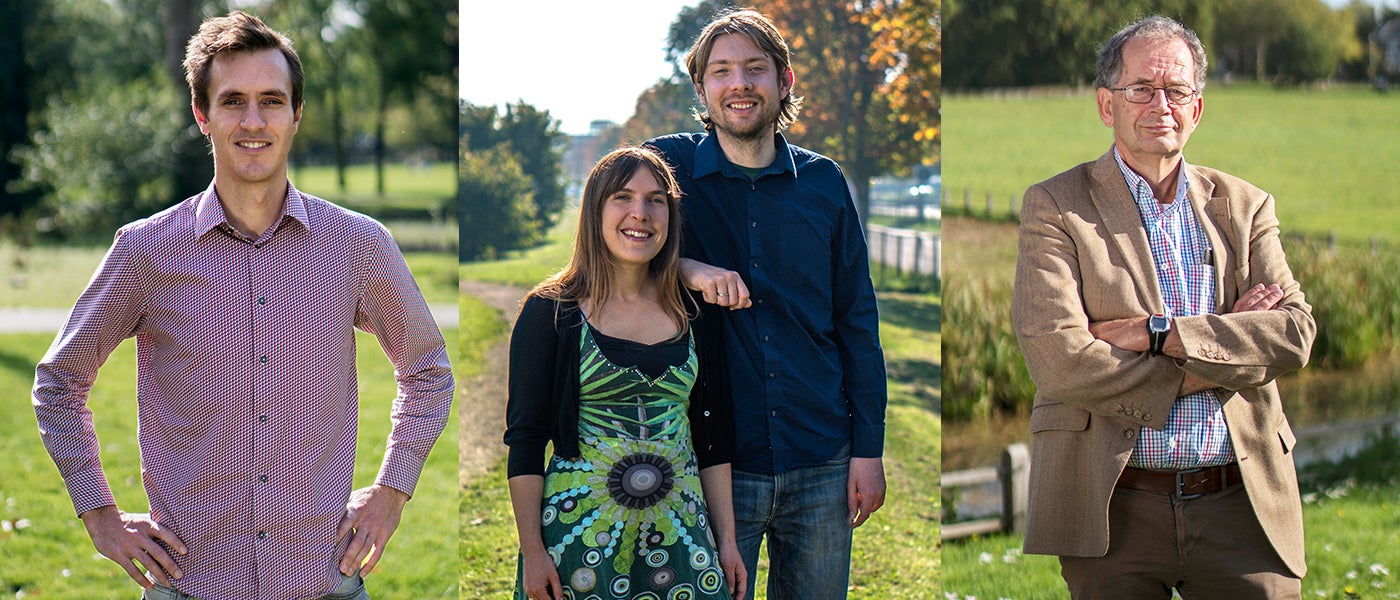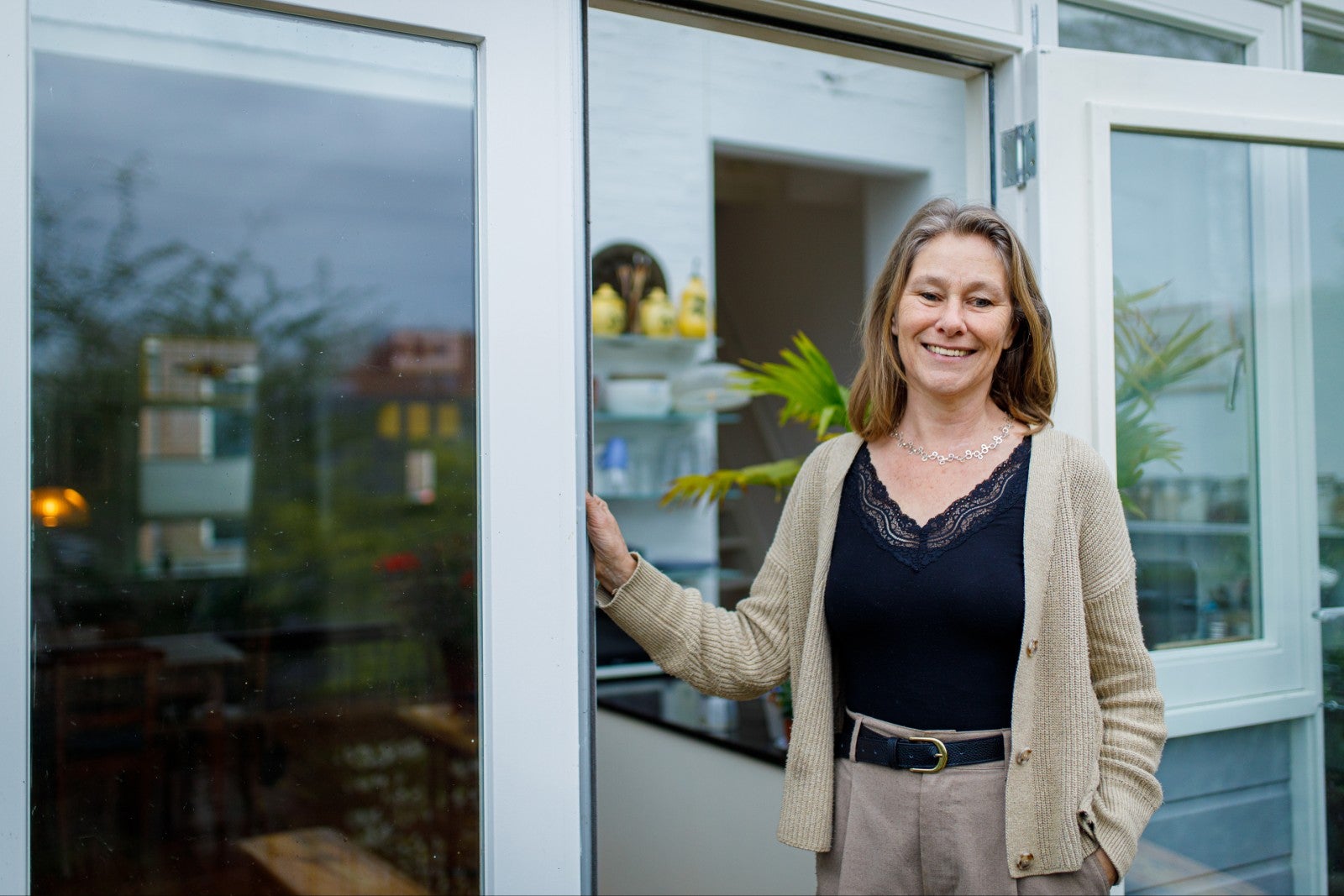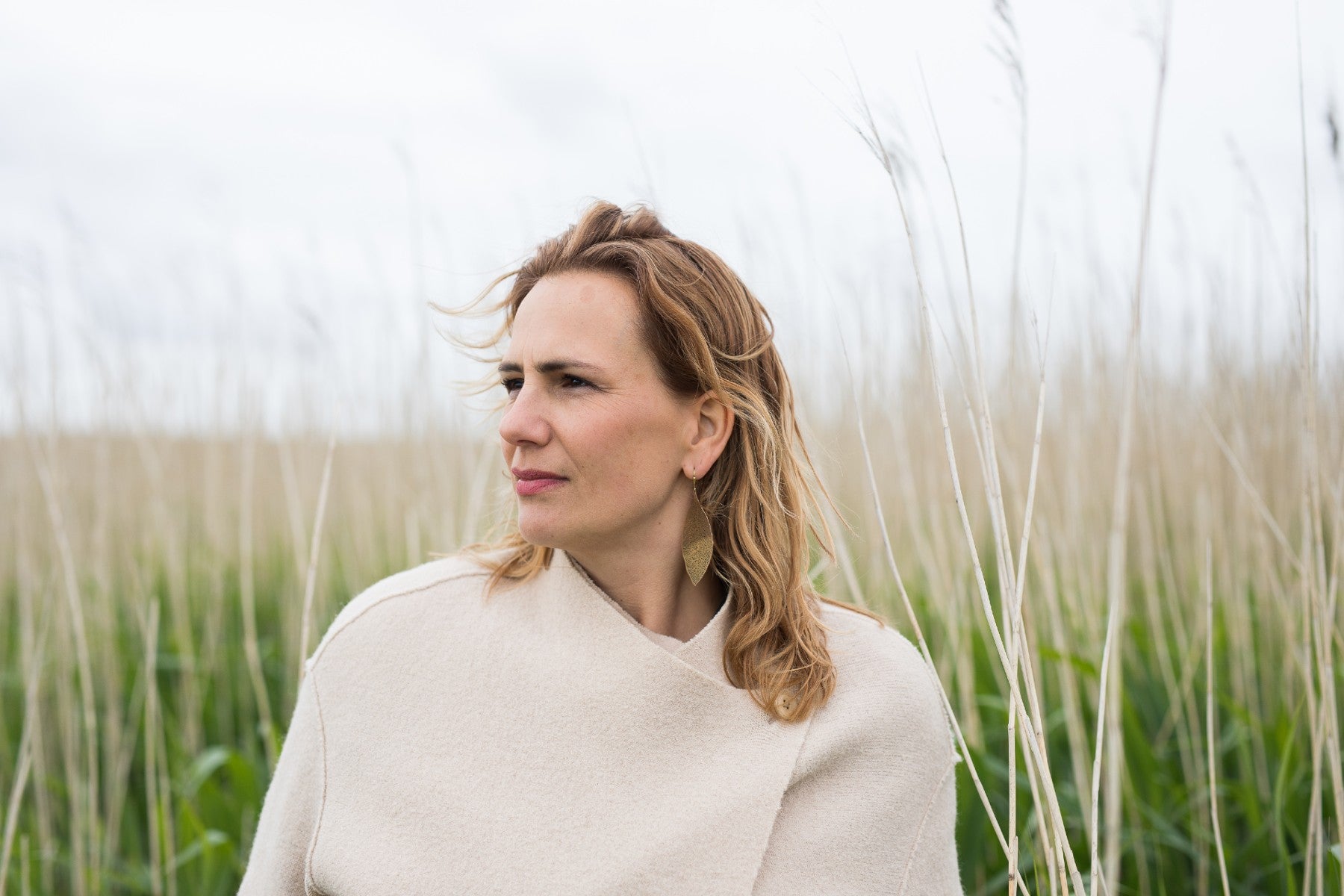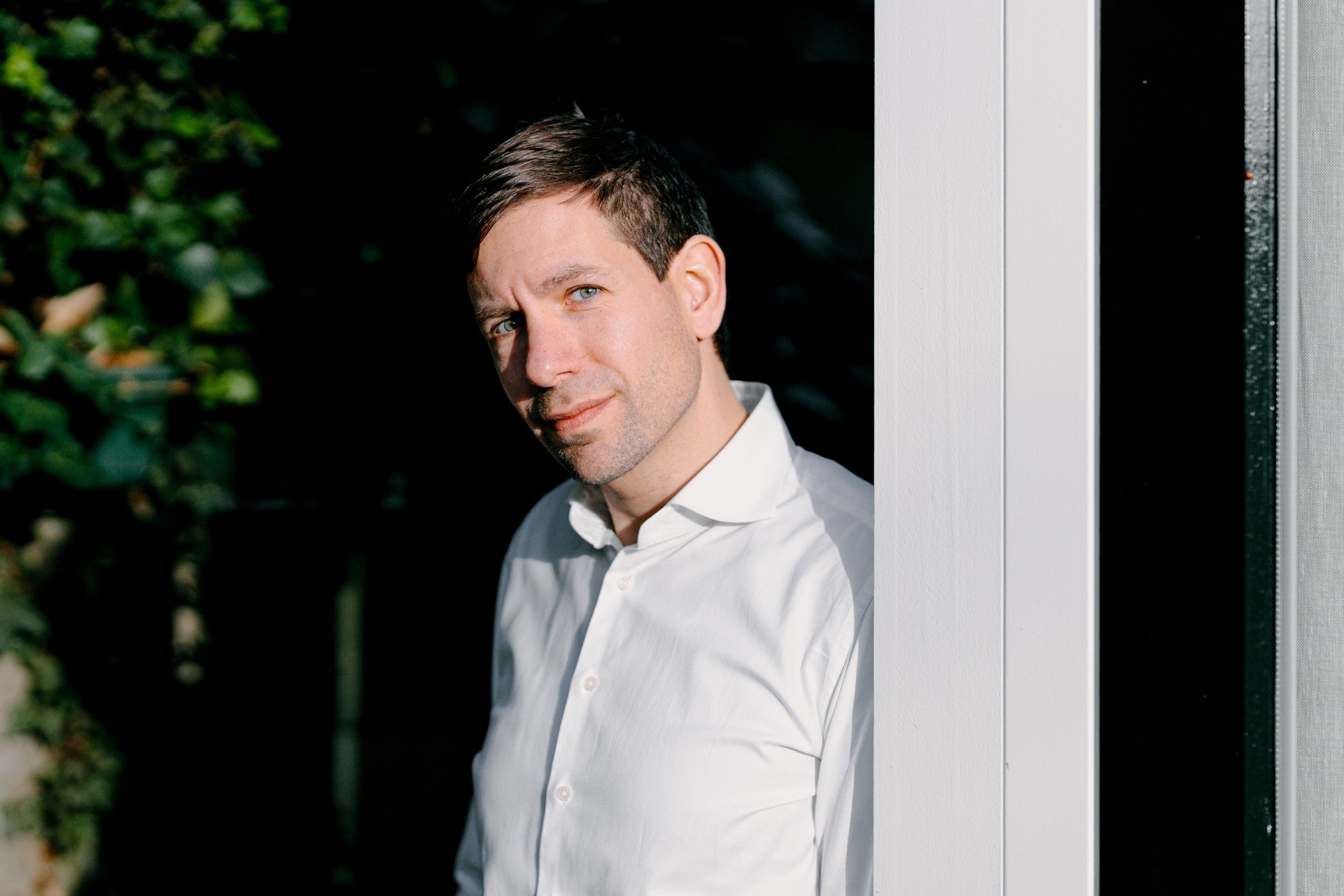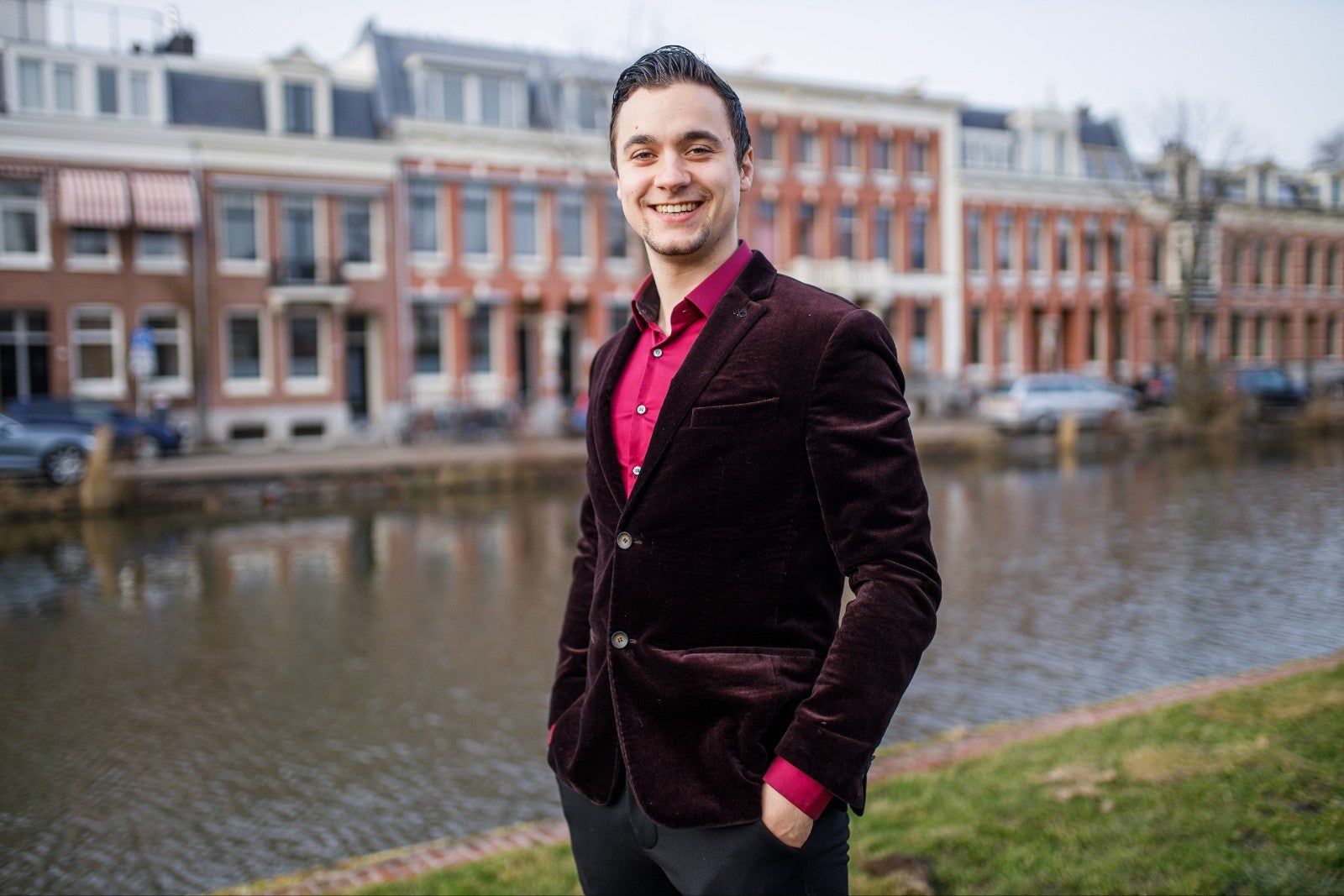The VU now has more than 107,000 alumni. Where did they end up after their studies? Usually we would feature three alumni from the same degree programme in this section, but this time there’s a twist: 3 studies, 3 jobs: sustainability.
Jaap de Jong (1980) obtained his Master’s in Environmental Resource Management. Now he is director at De Gezonde Stad.
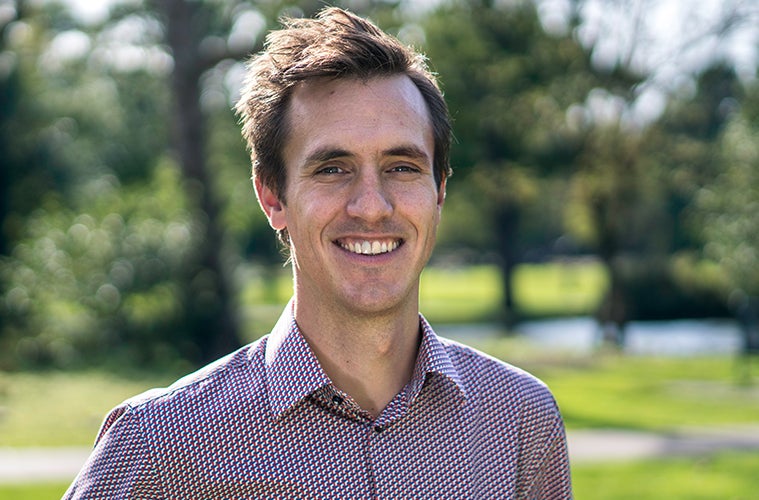
What made you chose these studies?
‘I've always been interested in nature and Earth Sciences was a very broad study, ranging from scientific classes to general subjects as ‘the origins of Earth.’ It was all very interesting, but I gradually realized that I was being trained to work with fossil fuels, or more specific, to find them for oil companies. That made me want to switch to working in sustainability, so I chose that ERM master which is more focused on the policy and economic aspects of the environment, and sustainable development. That suited me very well.’
What did you do after graduating?
I started as a trainee at the VROM, followed by being a consultant for corporations. After that I went to work for a foundation in Southern Afrika, where I worked on sustainable energy and poverty relieve specifically focused on the poorest households. That meant we were problem solving on a local level, while trying to speed up the transition at the highest level - the UN - at the same time. I was attending climate conferences where world leaders were making agreements about our future, but I was getting a bit disillusioned… There was a lot of talking while I wanted to do something!’
Is that how you ended up at De Gezonde Stad?
‘When I came back to the Netherlands I saw what they did and I applied for a job, because a city is the perfect format for improving sustainability. Possible partners are easy to find and inhabitants are highly motivated to act. And that’s exactly what De Gezonde Stad does. They started in 2012, when there was a realization that the city was in dire need for innovative solutions that the residents, the business community and the government could develop together in a constructive way.’
And how do you do that?
‘In two ways; the climate-proof city, in which greening is important, and the circular city, where we mainly look at recycling and upcycling raw materials from household waste. In addition, we help residents to realize their own initiatives because residents are often very involved in their own neighborhood: they often approach us because they want to do something.’
Veerle Vrindts (1987) & Pablo Moleman (1988) studied at the VU simultaneously. Now they both work at ProVeg.
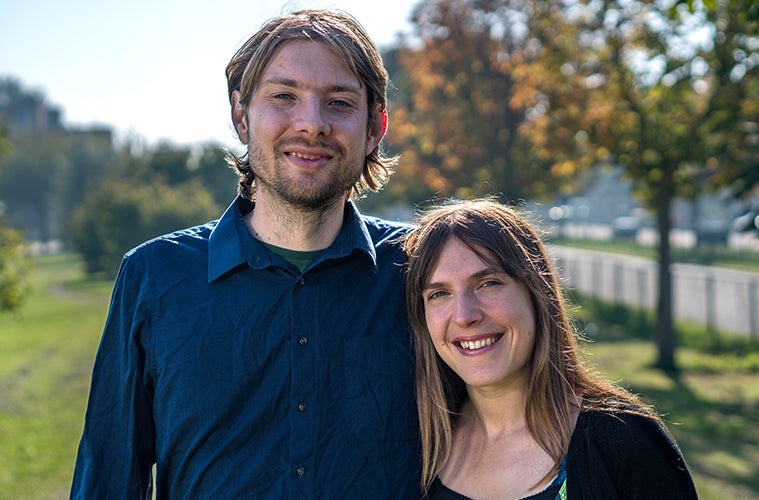
What did you study?
Veerle: 'First I did a Bachelor’s in Cultural Sciences and a Psychology Bachelor’s, both in Maastricht. Then I went to the VU Amsterdam, and I did a Master’s in Cultural & Social Anthropology and a Master's in Social Psychology. "Pablo:" I have a Bachelor's degree in Biology and the Master's Environmental Resource Management at VU Amsterdam.’
And when did you decide to start a vegan festival?
Pablo: ‘While we were at the VU! Veerle: 'I developed a model for my master; an activity to do health promotion. That was actually the first step towards a festival for young people about veganism. Then Pablo came in, we got together a team of volunteers and sought funding. A few months later, the first Viva Las Vega's food festival was held in the VU building.'
Does it still exist?
'Yes, but now it’s known as ‘VeggieWorld.’ Our foundation came to the realization that the problems caused by the meat industry don’t stop at the border. With ProVeg International we are active in 6 countries to make sure that everybody can eat healthy food that’s better for people, animals and the environment. We do this by creating inspiring campagnes and events, as well by working as consultants for corporations.
What do you want to achieve?
‘Cutting global meat consumption in half by 2040. We also have the ambition to support action groups, particularly in non-Western countries. Because in the West meat consumption isn’t growing anymore, while the expectation is that in countries like China and India the demand for meat will increase. And that will have a very bad influence on the 2050 climate goals.’
Is there still a connection between your studies and your current job?
Pablo: ‘Yes, Environmental Sciences in particular, because we measure the amount of CO2 we save on all projects that we do. This is often an eye-opener: many companies think they’re doing well on sustainability while they actually aren’t. For example, they’ll introduce a 'meat-free-monday' and replace all ham sandwiches with cheese. But if I do the math for them, they’ve often emitted more CO2 because cheese is a very CO2 intensive product. The idea of digging a bit deeper, checking whether what you’re doing is also correct, that is something I’ve taken with me from my scientific education at the VU.’
Thijs de la Court (1955) studied Biology, and is now General Secretary at the Gelders Energie Akkoord.
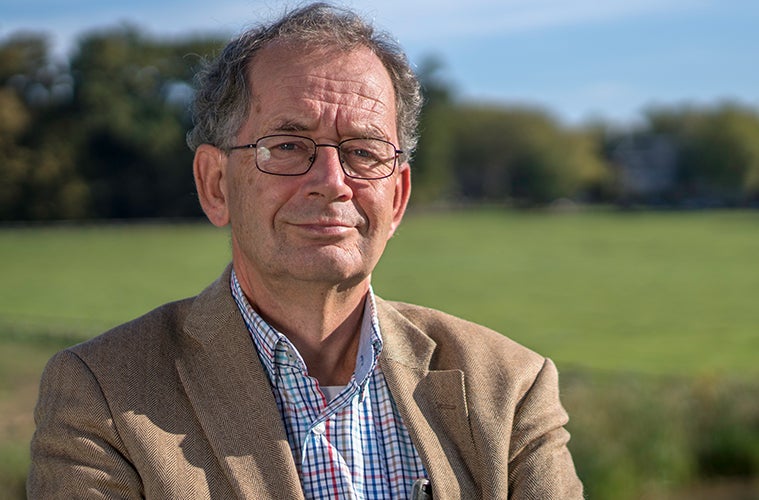
Do you still apply the things that you have learned during your studies?
'Yes, it’s very defining and still relevant. You learn to structure your thinking, how you can verify things and how you should try to discover a kind of truth. And that’s extremely important to the work we do now, especially concerning the climate. When I see an opinion, I dive into the backgrounds, the 'how and why,' and the research behind it. Very often you see that it’s not right. Because knowledge is power. So knowledge get’s turned, bought, determined. But finding out what the real knowledge is, you learn that at the VU.
Currently you are the General Secretary at the Gelderland Energy Agreement, what are your objectives?
'We have about 800,000 homes in Gelderland, we want 100,000 of those CO2 neutral in 2020. In 2035 all of them have to be CO2 neutral. We believe that this is possible, but not within the current system. For each home alone, insulation costs around 40,000 euros. People aren’t going to pay for that themselves. So we’re trying to do it through building-related financing, but that’s being obstructed. Political nonsense, because the housing market has become a consumer market, a private one. And common answers, such as building-related financing, that’s not liberal.
So you’re experience quite a lot of resistance against your plans?
‘Yes, because people don’t get to see the whole story. Politicians are saying 'people can’t afford that whole energy transition, there’ll be an uprising' but we can pay for that transition perfectly well. But only if we find collective solutions, and those will be very unfavorable for certain parties - like energy suppliers - because they are making a lot of money of an inefficient market. So a neighborhood can go to a self-sufficient energy situation, meaning the money stays there. That creates a conflict, because in whose interest is it to do that?’.
So where will you go from here?
‘We’re trying to overcome the systemic barriers and, in the meantime, we are going to work with neighborhoods. For example, we’re trying to lobby the building-related financing. Finding wiggle room in the system is difficult. But, what you do see is that we can mobilize these neighborhoods. That 100.000 homeowners and tenants are ready to act. You shouldn’t get demotivated, start thinking that you are dependent on politics. If the government doesn’t finance it, we’ll fix it ourselves.'

